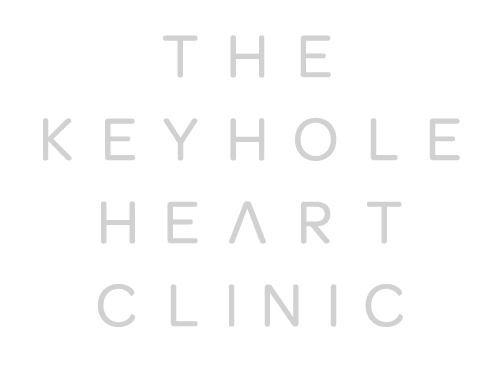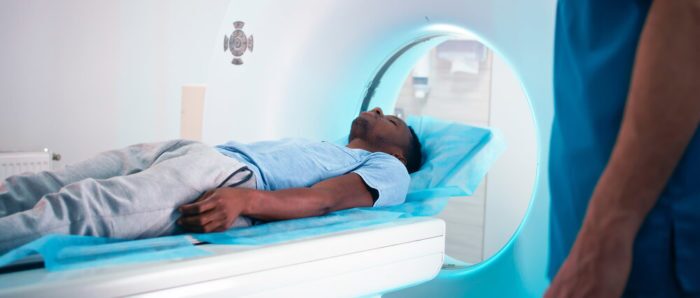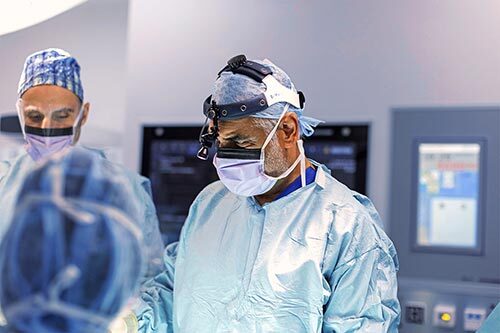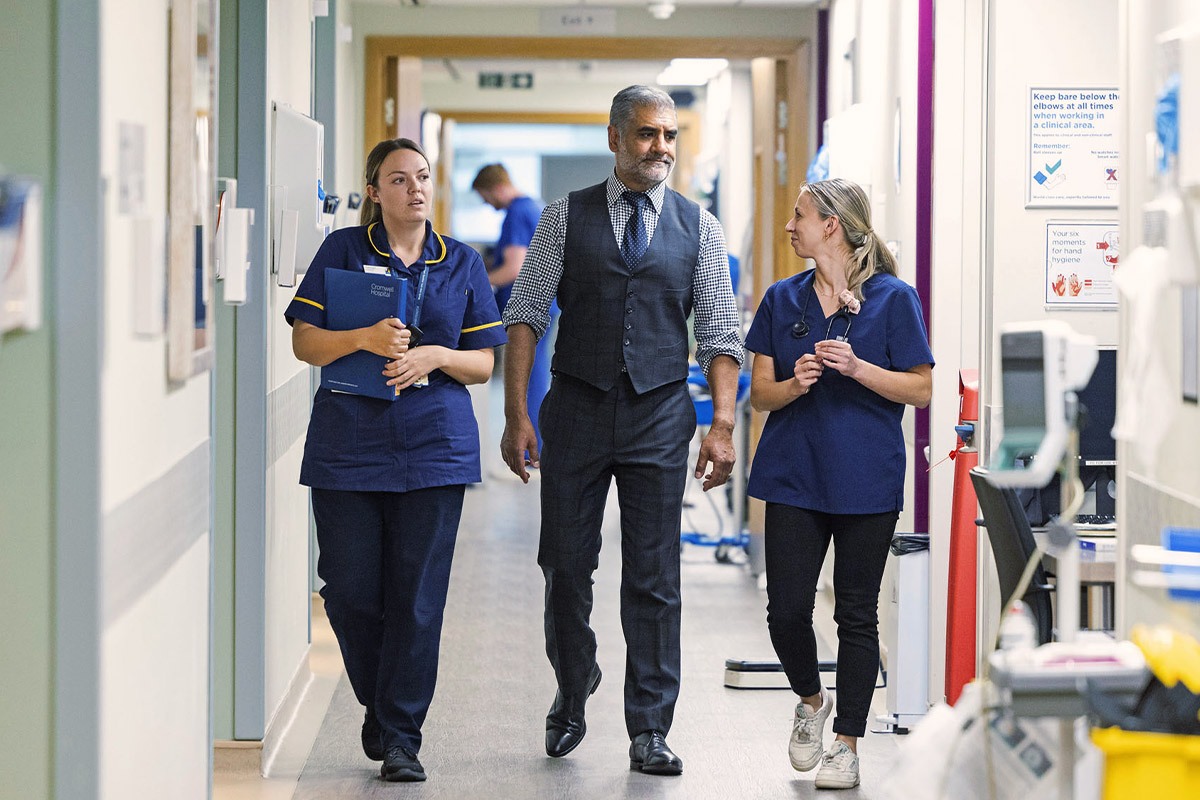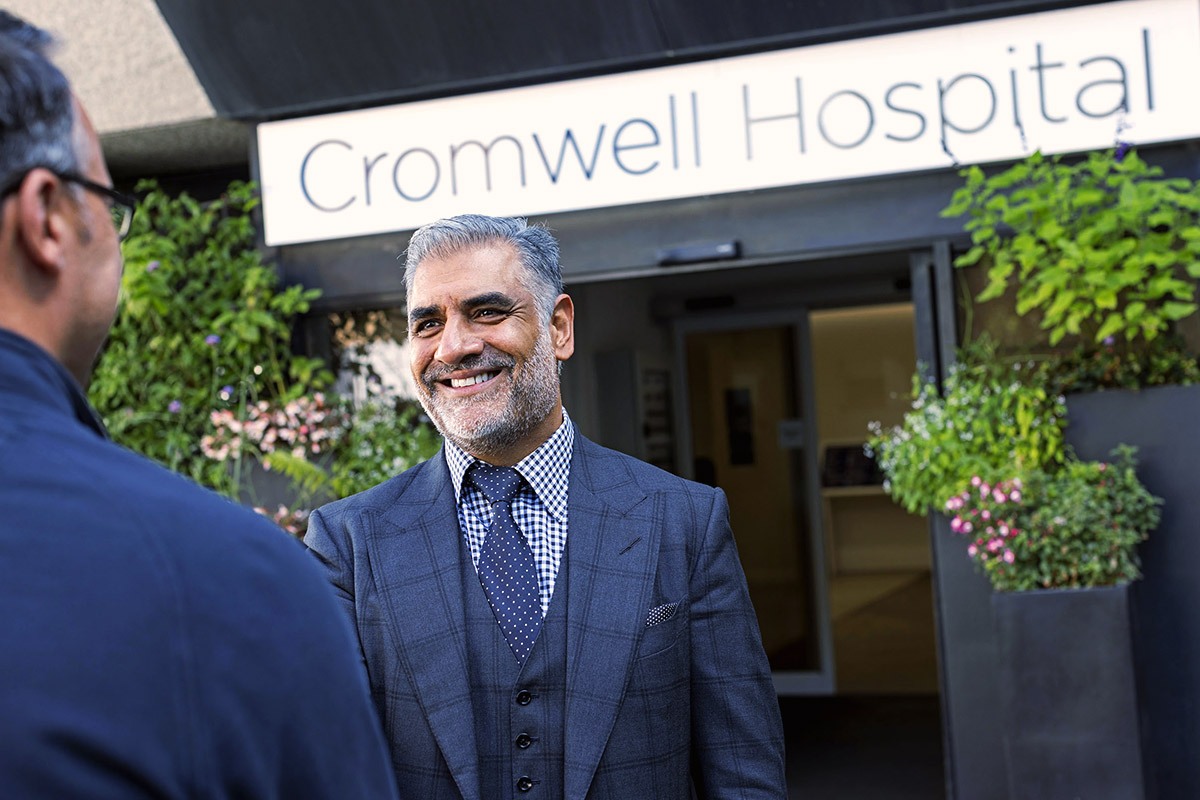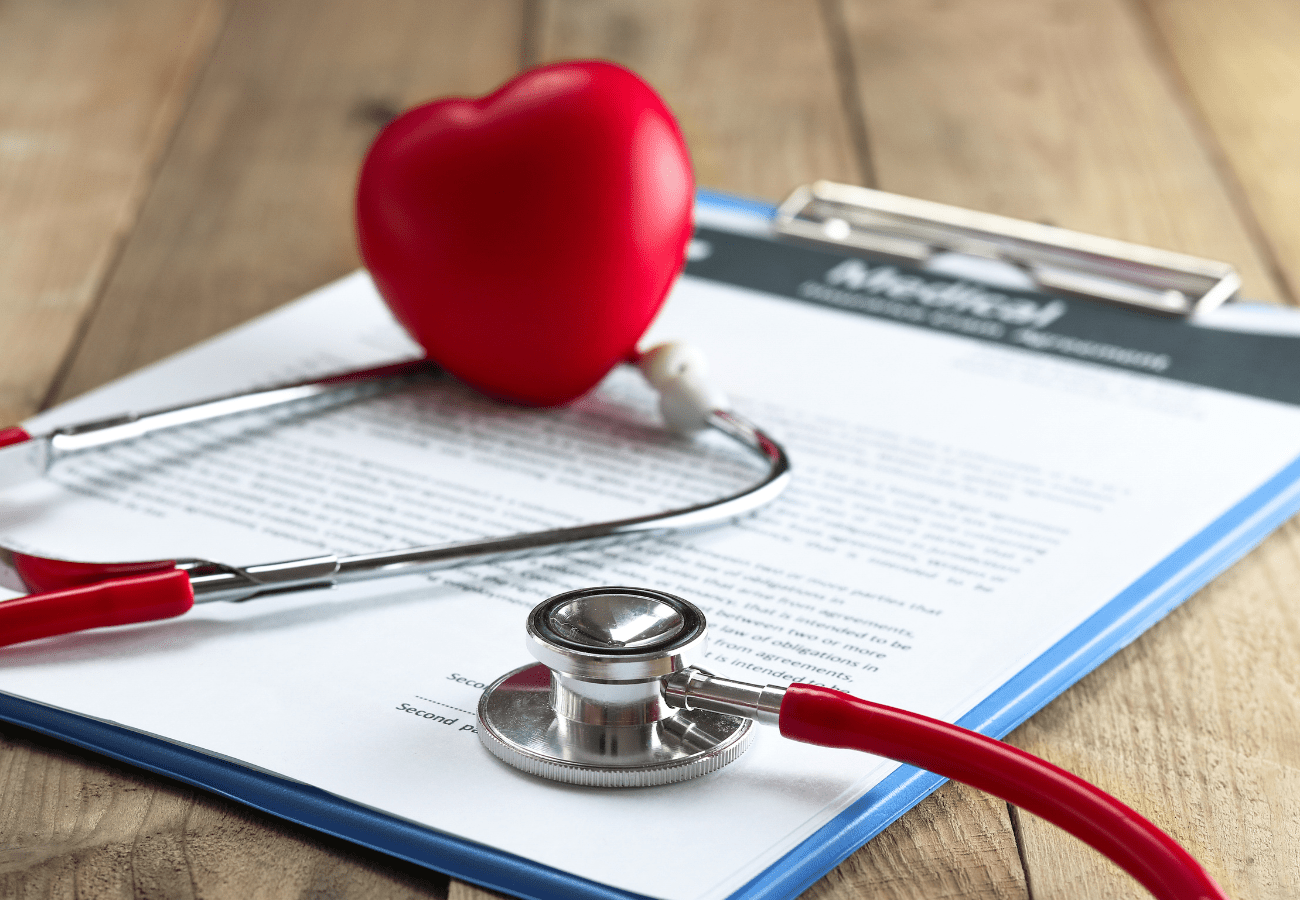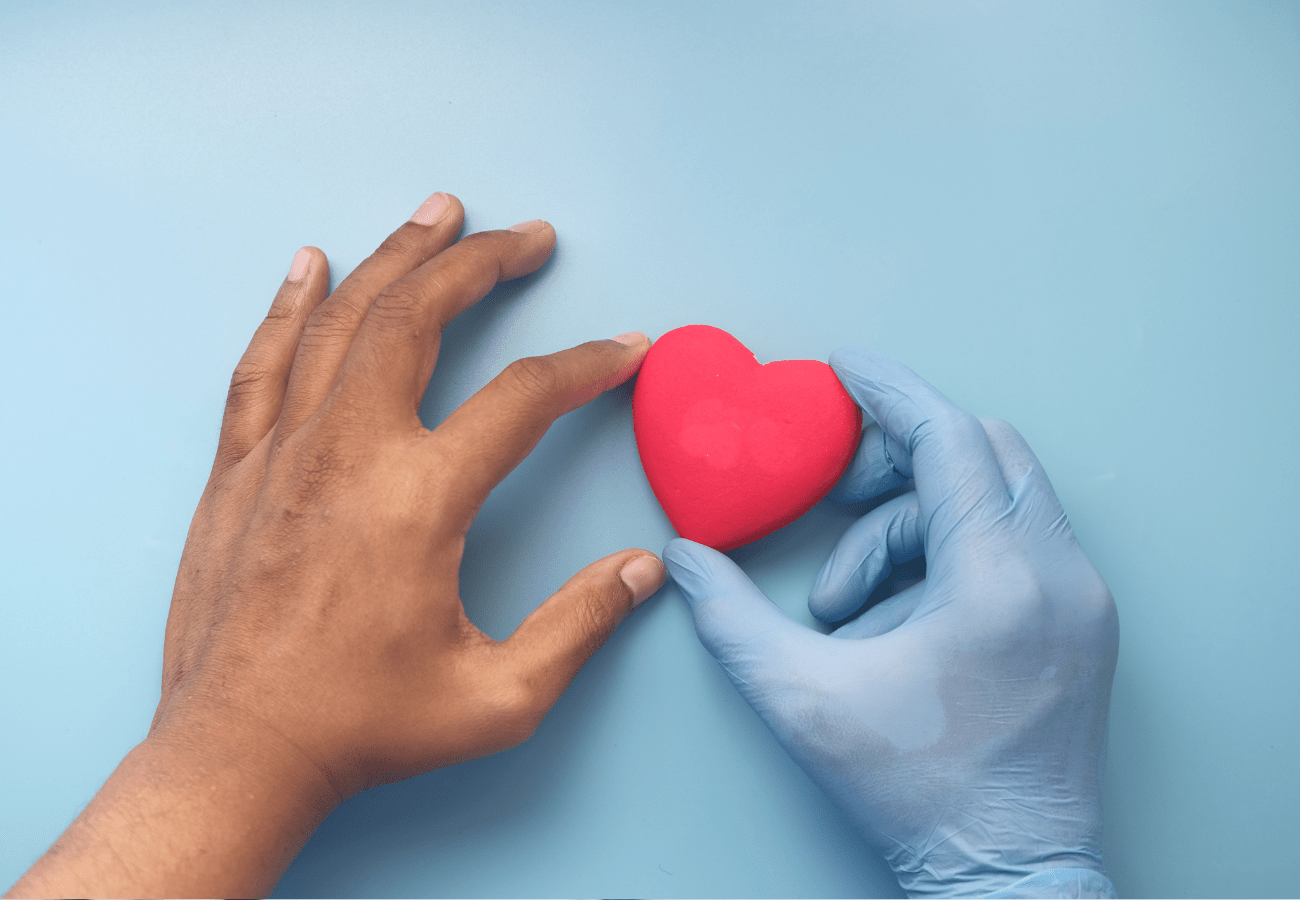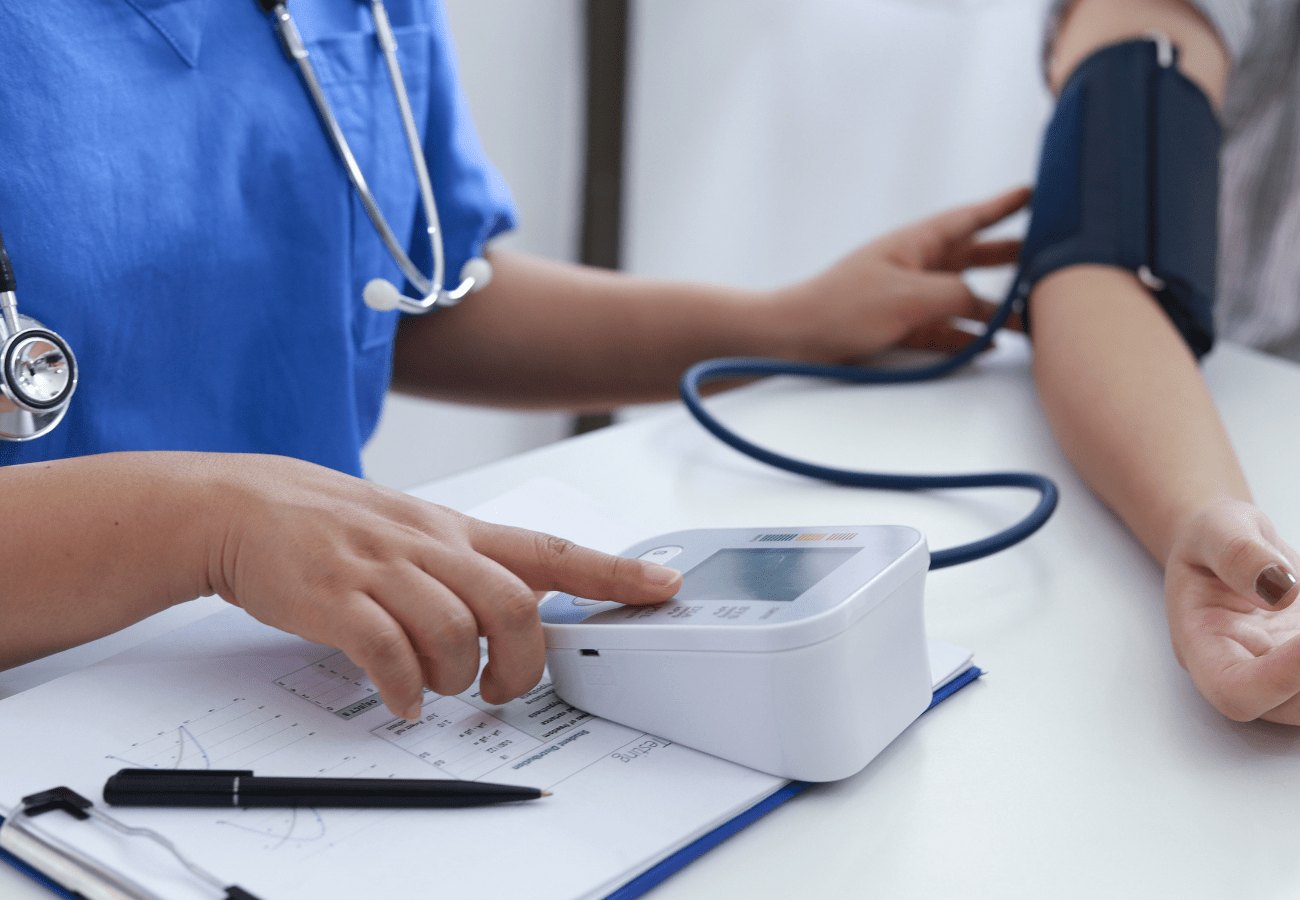Cardiac CT Scans
Read MoreWhat are Cardiac CT Scans?
Computerised Tomography (CT) is the method of scanning the body for detailed images that can’t be seen externally. An effective way to diagnose heart conditions, a cardiac CT scan can reveal details about your heart and uncover the severity of any problems. Here at The Keyhole Heart Clinic, a CT Coronary Angiogram is often used in our heart screening service to diagnose silent or symptomatic coronary artery disease. We also use CT Coronary Angiograms to measure the distance of important structures from the mitral valve in patients who need this valve repaired or replaced. Another frequent us of the CT scan is to look at the major artery in the body called the aorta. We do this is we are worried about the presence of aneurysms of the aorta (especially in people with bicuspid valve anatomy), and when we assess patients for keyhole heart surgery where we may wish to place micropipes in the groin to establish connection with the heart lung machine.
If you require our assistance or need a second opinion on a recent diagnosis, please contact us today. You can book a consultation online and our team will be in touch as soon as possible.
A cardiac CT scan, or CT scan of the heart, enables doctors to visualise your heart using X-rays. These detailed images of your heart can provide an overview of what your heart, and other major structures, look like without having to undergo surgery to do so. We are often able to obtain very detailed information about every organ and structure in your body.
A cardiac CT scan concentrates on the chest and specifically your heart and blood vessels to be able to investigate heart symptoms further. It can help your doctor reveal certain conditions that may explain your symptoms. This includes conditions such as congenital heart disease, blood clots, tumours, and any birth defects.
What are the risks of Cardiac CT Scans?
The risks associated with cardiac CT scans are very low but still require a dose of ration in some cases. Usually, a CT scan for any part of the body will only be used if necessary for diagnosing issues and monitoring treatment. With a CT coronary angiogram, a contrast dye is injected into the bloodstream which contains iodine. If a patient has kidney issues, the dye may worsen kidney function and may not be recommended for those with an iodine allergy or with asthma. This is because the dye may narrow airways.
Your doctor will recommend if this type of CT scan is best for you. The dye is flushed out of your body naturally by the kidneys, so unless a patient has a severe allergy to iodine, the risk is minimal.
A calcium scoring does not require the use of dye.
Preparing for a Cardiac CT Scan
During your consultation your doctor will advise you to drink plenty of water and avoid caffeine in drinks, as this may raise your heart rate. You may be asked to fast for up to 8 hours before undergoing the scan under certain circumstances. Other than this, there is very little to do to prepare for a CT scan. On the day, you will be asked to remove any metallic objects that you may be wearing such as a watch, jewellery, glasses, and anything else metallic that could cause issue. If you are unsure about certain metallic items then discuss them with your doctor.
When Would I Need a Private Cardiac CT Scan?
A cardiac CT scan may be needed if your heart symptoms need further investigation. As there can be many different conditions that could explain your symptoms, cardiac CT scans can assist and discover the root of the problem. This will then ensure your doctor is able to diagnose accurately and recommended the correct solutions to help resolve your heart issue. A CT scan can:
- Diagnose and monitor the use of treatments for conditions such as heart disease
- Study blood vessels and the internal structure of your heart
- Discover any concerns such as lumps, tumours, or defects in their heart’s development
- Provide detailed images of your heart to make it simpler to decide on the correct treatment
Cardiac CT scans use a number of detectors to be able to create the image required. The more detectors used, the clearer the image of your heart will be. Types of cardiac CT scans include CT coronary angiograms, which directly visualise arteries and any plaque (fatty deposits), and CT calcium scores, which provide a measure of the amount of calcified plaque present in your heart’s arteries.
When Would I Need a Private Cardiac CT Scan?
A cardiac CT scan may be needed if your heart symptoms need further investigation. As there can be many different conditions that could explain your symptoms, cardiac CT scans can assist and discover the root of the problem. This will then ensure your doctor is able to diagnose accurately and recommended the correct solutions to help resolve your heart issue. A CT scan can:
- Diagnose and monitor the use of treatments for conditions such as heart disease
- Study blood vessels and the internal structure of your heart
- Discover any concerns such as lumps, tumours, or defects in their heart’s development
- Provide detailed images of your heart to make it simpler to decide on the correct treatment
Cardiac CT scans use a number of detectors to be able to create the image required. The more detectors used, the clearer the image of your heart will be. Types of cardiac CT scans include CT coronary angiograms, which directly visualise arteries and any plaque (fatty deposits), and CT calcium scores, which provide a measure of the amount of calcified plaque present in your heart’s arteries.
What to Expect During a Private Cardiac CT Scan
Having the scan is quite straightforward, and will involve lying still throughout the scan’s short duration. You’ll need to remove items of clothing and wear a gown and you may require an IV catheter to be inserted into your leg or arm for the dye to be injected.
Electrodes will be attached to your chest, and you may be given a beta-blocker to help slow down your heart to improve the quality of the images. You’ll be placed on a narrow table to lie down and straps may be used to help reduce movement, whilst also ensuring you feel comfortable before the scan begins.
You’ll be moved into the scanner where this will concentrate over your chest to scan your heart. The process shouldn’t take longer than an hour, depending on how successful the scan is. It may require the table you’re lying on to enter the scan multiple times for the best results.
Once the scan is complete, the technician will review the images and the results can then be looked at in more detail. You’ll generally be able to continue with your day after the scan, and as mentioned above, any dye used will naturally flush from your body, so drinking plenty of water can help speed this process up.
Book Your Consultation Today
Private cardiac CT scans are an essential way to investigate and diagnose your reported symptoms associated with your heart. If you experience chest pain regularly or tightness, a heart CT scan can help you discover the cause of the issue. Here at The Keyhole Heart Clinic, we routinely use CT scanning to help us to assess your suitability for keyhole heart surgery.
To undergo a CT heart scan or get a second opinion on a recent heart diagnosis, please book a consultation today.
Services
How We Can Help You
